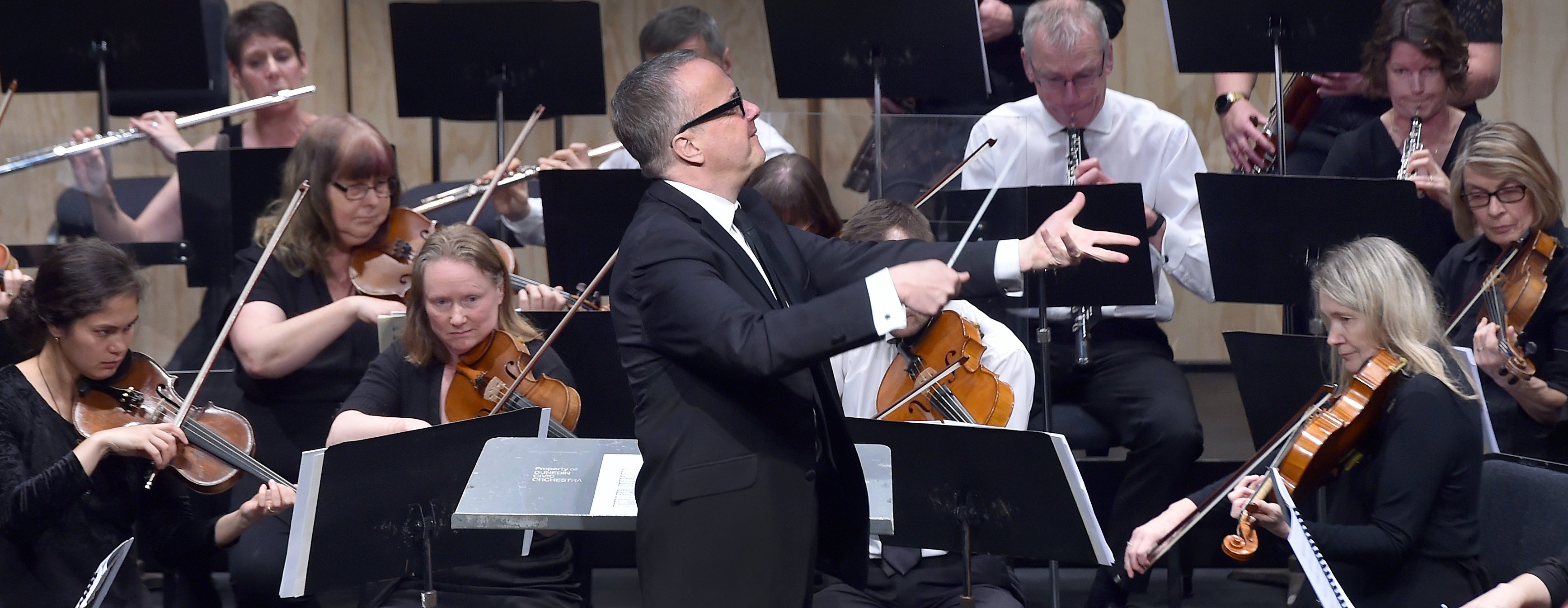
Far from home in a German prison camp during the winter of 1940-41, the French composer Olivier Messiaen penned, and had performed, the Quartet for the End of Time.
In our current climate of hard-nosed materialistic reductionism it is easy to imagine such music being dismissed as "dumb stuff", a "nice-to-have" which has no useful place in a prison camp. Captives in prison camps are supposed to be busy doing practical stuff, like escaping and making life irritating for their captors.
But in a prison camp what is more necessary than glimpses of beauty? Or music that can lament a disaster, yet generate hope for a future beyond the wires, and the current totalitarianism?
It is music that can locate our lives and losses within the bigger picture of the life and purposes of God. In pursuit of such hope, Messiaen’s Quartet was based on a passage from the Christian Book of Revelation.
Such music might be dismissed as "dumb stuff", a "nice-to-have", but in a place of oppression or despair is absolutely necessary.
As we approach local elections there is huge pressure upon candidates and councils, to eliminate "dumb stuff" and "nice-to-haves" from their budgets.
Funding for regional orchestras, music venues, museums, art galleries or installations is easily sacrificed in pursuit of sensible saving. In practice this is a demand to eliminate beauty, inspiration, and critical questioning from our lives. And that is simply a soft form of totalitarianism.
Consider a completely different kind of "nice-to-have". Cycleways and shared paths are frequently dismissed as being costly "nice-to-haves".
But most of the infrastructure of the Otago Peninsula Shared Path serves to protect the road from sea-level rise and wave erosion. It has opened curves to allow better traffic movement. The "nice-to-have", so frequently criticised, is only the protective sealed surface, which gets cyclists and walkers, many visitors, families and children out of the motor traffic, reduces traffic volumes, and enables improved health.
The "nice-to-have" is actually a small part of the whole, yet is absolutely necessary.
Children’s playgrounds are an even easier target, because children don’t vote or pay rates. But eventually they will pay through withered imaginations, loss of adventurousness, and exposure to the environmental challenges that current short-term thinking will visit upon them.
We are already paying for mean-spirited, short-term thinking. Since the late 1980s local councils have been under pressure to reduce rates, while being given no other sources of income. The result is that the unseen things have suffered neglect.
The pipes in many places are long overdue for replacement and those rate-saving chickens are now coming home to roost. Candidates, and a government, that promise to cap rates are merely prolonging these years of deceit.
We need candidates with courage to plot a more visionary way forward. It’s too easy to dismiss the "nice-to-haves" and fail to acknowledge they may be absolute necessities.
Dunedin does have a remarkable wastewater treatment plant. That infrastructure need was attended to. With the right health and safety management it could perhaps be promoted as a visitor feature.
Probably the most irrelevant "nice-to-have" in our community is Christian worship. There’s no suggestion that this be supported by rates or taxes, though some of the buildings are inspirational enough to draw droplets of public funding.
Other buildings are simply boring. Some music is inspirational and some is inane. Some prayers are poetic and others are banal.
But almost all of it is intended to turn our focus away from ourselves to others, and to the ultimate reality of the life of God. For many, this is the ultimate in "dumb stuff", and for others, merely a "nice-to-have".
But even more than the unseen water, waste, and stormwater pipes this unseen reality is the absolute necessity we must engage as we negotiate our decisions about what really is "dumb stuff" and "nice-to-haves".
■ Rev Dr Selwyn Yeoman is a minister in the Presbyterian Church











